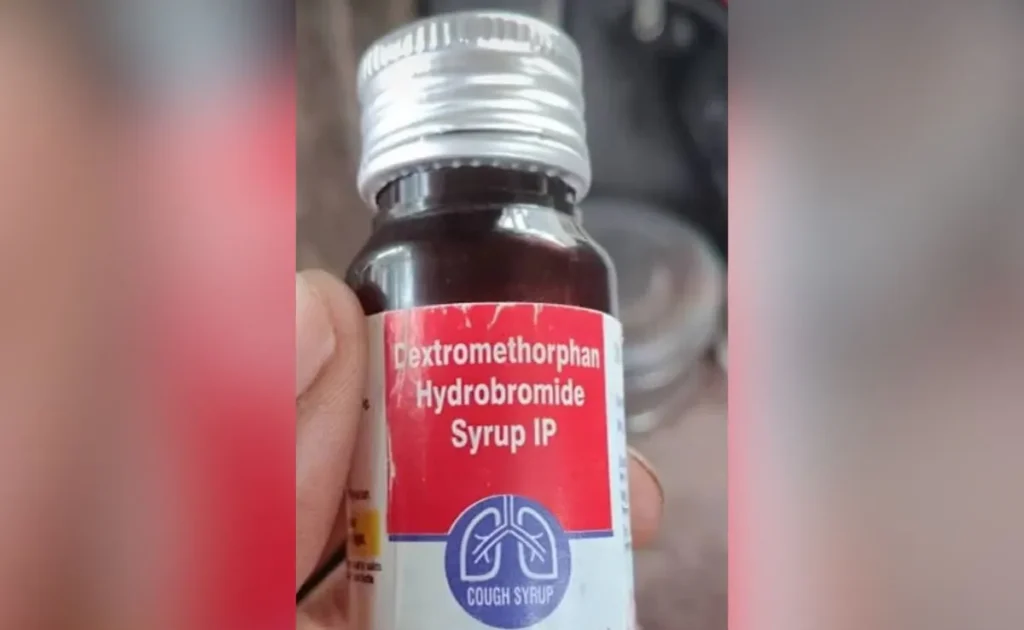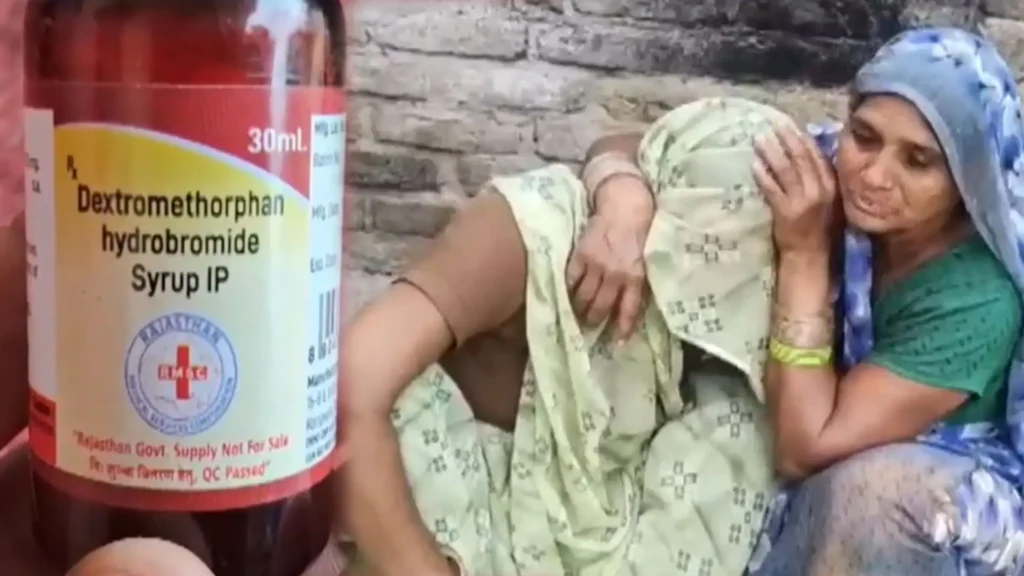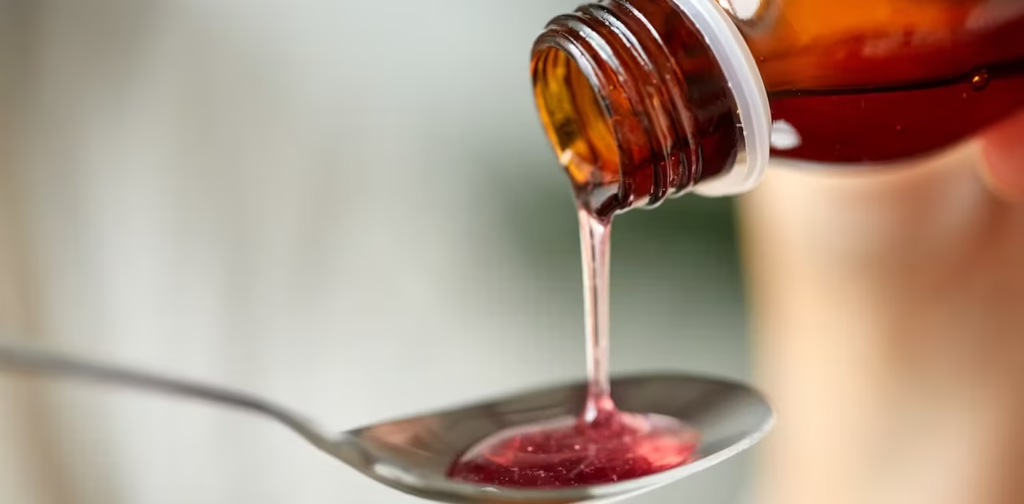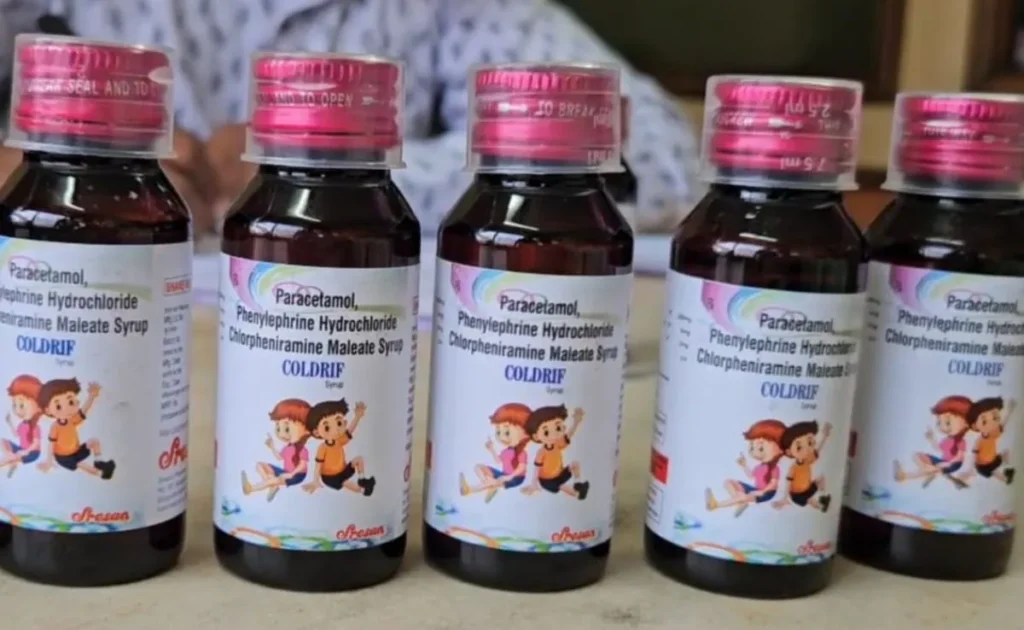By YTC Ventures | October 4, 2025
In a heartbreaking escalation that has gripped the nation, at least 11 young lives have been lost in Rajasthan and Madhya Pradesh after consuming what authorities suspect are contaminated cough syrups. The deaths, spanning the past month, have triggered bans, suspensions, and urgent probes, reigniting fears over the safety of over-the-counter medicines freely available to parents desperate to ease their children’s coughs.
As social media erupts with parental anguish and calls for accountability – with hashtags like #CoughSyrupScandal and #SaveOurKids trending on X – experts warn this could be the tip of a deadly iceberg in India’s vast pharmaceutical ecosystem.
The crisis unfolded in Rajasthan’s Sikar and Bharatpur districts, where two children – including five-year-old Nityansh from Khori Brahmanan village – succumbed after taking Dextromethorphan Hydrobromide Syrup IP 13.5 mg/5 ml, supplied under the state’s free medicine scheme.In a bizarre twist, a local doctor who ingested the syrup to “prove its safety” was found unconscious in his car hours later, amplifying public outrage.

Madhya Pradesh’s Chhindwara district reports six more deaths from acute kidney failure, linked to syrups like Coldrif and Nextro-DS, with eight other children recovering after falling critically ill. The total toll now stands at 11, with two more children in Rajasthan under intensive care.
On X, the story has exploded: Posts from parents sharing grief-stricken photos of lost toddlers have garnered millions of views, while activists demand a nationwide recall.
“How many more innocents before we fix this broken system?” tweeted one user, echoing sentiments from thousands.
The Union Health Ministry has issued an urgent advisory: Cough syrups are not recommended for children under five, urging hydration and rest over quick fixes.
The Poison in the Bottle: What Went Wrong?
These aren’t isolated tragedies. Tests on samples from Kaysons Pharma – the Jaipur-based manufacturer – revealed Diethylene Glycol (DEG), a toxic industrial solvent used as a cheap substitute for safer alternatives, beyond permissible limits.
DEG, infamous for causing kidney failure, has haunted Indian pharma before: In 2021 Delhi, it claimed child lives; globally, Indian syrups were linked to 141 pediatric deaths in Gambia, Uzbekistan, and Cameroon.

Despite bans on certain combinations for kids under four, enforcement lags, with over-the-counter sales rampant. The US CDC and American Academy of Pediatrics have long advised against cough meds for under-sixes, citing inefficacy and risks like overdose.
In India, however, they’re a go-to for self-medicating families, especially in rural areas where access to pediatricians is scarce. The National Centre for Disease Control (NCDC) is now collecting samples, but preliminary reports from Madhya Pradesh clear three medicines – yet skepticism persists.
A Cascade of Devastation: Human, Systemic, and Global Ripples
The implications are profound, striking at the heart of public trust in India’s “pharmacy of the world” status.
1. Human Tragedy and Parental Despair
- Irreversible Loss: Families like Nityansh’s are shattered; survivors face lifelong dialysis needs. In Chhindwara, parents report symptoms like vomiting and lethargy appearing hours after dosing.
- Vulnerable Hit Hardest: Rural, low-income households under free schemes are most affected, highlighting inequities in healthcare access.
- Mental Health Toll: X threads overflow with stories of guilt-ridden mothers, demanding counseling support.
2. Systemic Failures Exposed
- Regulatory Lapses: Rajasthan suspended its Drug Controller for influencing quality checks; all 19 Kaysons products are halted, with 22 batches banned. Experts call for public testing reports, third-party audits, and upgraded labs.
- Over-the-Counter Dangers: No nationwide punishment tracking for toxic sales; fines or life sentences exist on paper but rarely enforced.
- Supply Chain Scrutiny: Inspections now span six states, but past scandals show slow accountability – executives often walk free. reuters.com
3. Economic and Global Repercussions
- Pharma Industry Shake-Up: Exports, worth billions, face renewed distrust; recalls could cost manufacturers crores. cidrap.umn.edu
- Healthcare Costs: States brace for relief payouts and hospital surges; long-term, it underscores the need for non-drug protocols.
- International Echoes: With history of global deaths, this could prompt WHO alerts, hurting India’s 20% share in generic drugs. npr.org
| Impact Area | Immediate Effects (Oct 2025) | Long-Term Ramifications |
|---|---|---|
| Health System | 11 deaths; 10+ hospitalizations; syrup bans in 2 states | Mandatory warnings on labels; push for OTC reforms; ₹500+ crore in probes/relief |
| Families | Grief, financial strain from treatments | Rise in child health awareness; potential lawsuits against pharma firms |
| Regulation | Drug controller suspended; 22 batches recalled | Nationwide audits; stricter DEG testing; eroded trust in free schemes |
| Economy | Halts in Kaysons distribution; export jitters | 5-10% dip in pharma stocks; global scrutiny on Indian generics |
Estimates from government reports and expert analyses; figures approximate.

4. Lessons from a Recurring Nightmare
This isn’t new – Jammu’s 2019 tragedy killed 12 toddlers from similar syrups. But weak state-level labs and profit-driven shortcuts fuel the fire.
The silver lining: Tamil Nadu halted Coldrif production; central teams are mobilizing.
Response and Path Forward: From Rage to Reform
Rajasthan’s three-member probe and Madhya Pradesh’s sample tests are underway, with NCDC leading.
The Centre mandates warnings on harmful meds and non-drug cough care: Saline drops, humidifiers, honey (for over-1s).
On X, #BanFakeSyrups trends with tips: Scan QR codes for authenticity via apps like CDSCO’s.

Parents, heed this: Consult doctors, avoid OTC syrups for tots, watch for urine output every six hours.
India must invest in robust testing, transparent procurement, and pediatric guidelines to prevent the next headline.
These 11 lives demand nothing less – a safer tomorrow for every child.

Comments